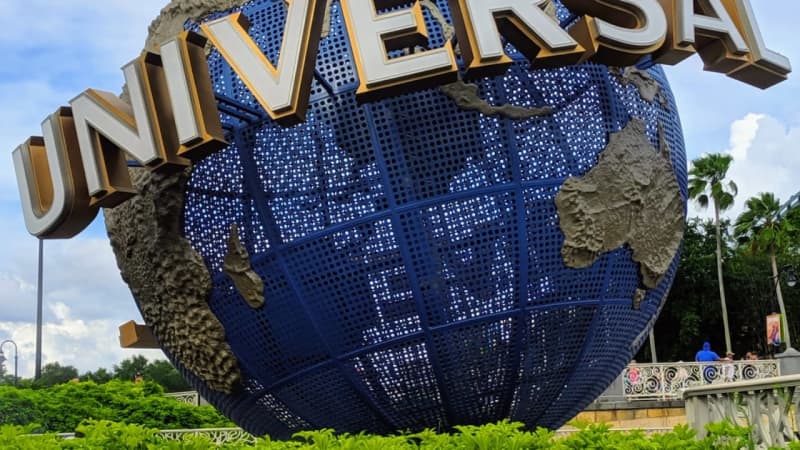ROME— Pro-Ukraine protests erupted across the world, as thousands took to the streets from London to Rome to Barcelona to denounce Russia’s assault on its neighbour.
Moscow’s invasion has sparked global outcry and prompted punishing sanctions from the West, including some against Russian President Vladimir Putin himself.
On Saturday, rallies were held in cities across the world to join the chorus of condemnation and urge an end to the bloodshed.
Switzerland saw thousands of people gather across the country, including about 1,000 outside the United Nations’ European headquarters in Geneva.
Demonstrators draped in Ukraine’s national colours of blue and yellow flocked to the “Broken Chair” — a large sculpture symbolising the civilian victims of war.
The protesters demanded tougher actions from the government, which has so far shied away from imposing strict measures, choosing instead to stick closer to its traditional “neutral” stance.
Swiss-based Russians joined in to show their opposition to the war, holding signs saying “I am Russian”.
In Russia’s neighbour Finland, thousands of people gathered in the capital Helsinki shouting “Russia out, down with Putin!”
More than 1,000 demonstrators answered the call of trade unions and NGOs in central Rome, huddling around a podium bearing the words “Against War”.
Thousands of people had taken part in a torch-lit procession to the Colosseum, one of the Italian capital’s major landmarks, on Friday evening.
Putin was the march’s main target as banners caricatured him as an assassin with bloodstained hands and compared him to Nazi dictator Adolf Hitler with the words: “Can you recognise when history repeats itself?”
“We’ve always been close to the Ukrainian people. Our feeling of powerlessness is huge,” Maria Sergi, a 40-year-old Russian-born Italian, said.
In the southern French cities of Montpellier and Marseille, hundreds marched on Saturday chanting “Stop war, stop Putin”, while further protests were also expected in Paris.
Anti-war demonstrators were also out in force in Barcelona, numbering around 1,000 on Saturday according to local police.
Dimitri, a Russian designer living in Barcelona, said he feared sanctions would set Russia’s development back.
“We’re all going to suffer,” the 37-year-old said.
In Britain, hundreds of protesters headed to Russia’s embassy in London, with some defacing the street sign of St Petersburgh Place opposite the embassy with fake blood.
In Georgia, almost 30,000 people hit the streets of Tbilisi Friday night, waving Ukrainian and Georgian flags and singing both countries’ national anthems.
Russia’s attack on Ukraine resonates strongly in Georgia, a fellow ex-Soviet republic that suffered a devastating Russian invasion in 2008.
“We have sympathy for the Ukrainians, perhaps more than other countries, because we’ve experienced Russia’s barbaric aggression on our soil,” Niko Tvauri, a 32-year-old taxi driver, said.
Teacher Meri Tordia added: “Ukraine is bleeding, the world watches and talks about sanctions that won’t stop Putin.”
More than 2,000 protesters gathered outside the Russian embassy in Greece’s capital Athens on Friday evening following an appeal by the traditionally pro-Russian Communist and left-wing Syriza parties.
More protests were reported in Athens and the northern city of Thessaloniki on Saturday.
The shockwaves from Moscow’s invasion of its neighbour have reverberated beyond Europe.
In Argentina, Ukrainians and Argentines with Ukrainian ancestry were among the almost 2,000 people who descended on Russia’s embassy in Buenos Aires on Friday.
Wreathed in Ukrainian flags and wearing traditional Ukrainian clothing, protesters bore signs in Spanish, English and Ukrainian demanding a Russian withdrawal.
They chanted “Glory to Ukraine, glory to its heroes” and the national anthems of Argentina and Ukraine.
Among the crowd was Tetiana Abramchenko, who moved to Argentina with her daughter in 2014 following Russia’s annexation of Ukraine’s Crimea peninsula.
“My overriding feeling is anger. The last thing I imagined was Russians coming to kill my people,” the 40-year-old said as she fought back tears.
In Canada, dozens of demonstrators braved a snowstorm in Montreal to protest outside Russia’s consulate on Friday afternoon.
“I am against this war. I hope this is the beginning of the end of this regime,” said Russian Elena Lelievre, a 37-year-old engineer.
Ivan Puhachov, a Ukrainian student at the University of Montreal, said the situation “terrified” him as his family lives in Ukraine.
Protests also took place in New York, Washington, Taiwan and Brazil.
Source: NAM NEWS NETWORK


